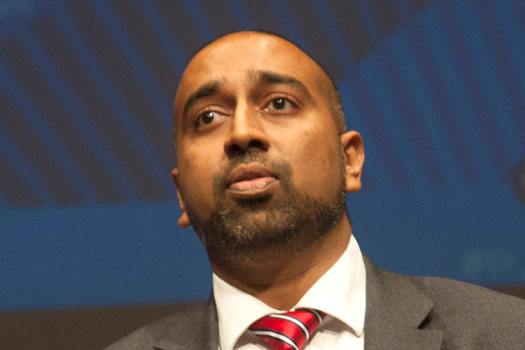The BMA’s GP Committee workforce lead was part of the team that secured the five-year GP contract, worth £2.8bn, in England.
The Sheffield GP is now turning his attention to primary care networks in his role as the BMA’s representative for developing PCNs, after the body negotiated networks as part of the new GP contract.
He has been a fierce advocate of networks – keen to point out their potential to protect the independent contractor model and stop GPs from being forced into salaried employment with an NHS provider.
Yet he has not shied away from acknowledging the intense pressures facing the profession and that more support will be required than just the introduction of PCNs to stem the flow of GPs retiring early or leaving the profession due to burnout.
And he been realistic about the challenges in forging new relationships between practices and the sometimes ‘difficult’ conversations required to ensure all patients have access to network services, even if not all practices are part of the PCN.
Dr Kasaraneni is also not letting up on the issue of GP trainee recruitment. He has voiced concerns over the fact that despite record numbers of trainees this year, there have been reports of interest in GP training waning among foundation doctors.
As workload pressures show no signs of abating and with networks only in their infancy, the GPC negotiator certainly has his hands full.
Why influential: Shaping primary care networks
What others say: ‘A bit northern’
Random fact: The luckiest man in the world, he was there for Ben Stokes’ heroics at both the Cricket World Cup final at Lords and the third Ashes test at Headingley
Pulse July survey
Take our July 2025 survey to potentially win £1.000 worth of tokens












